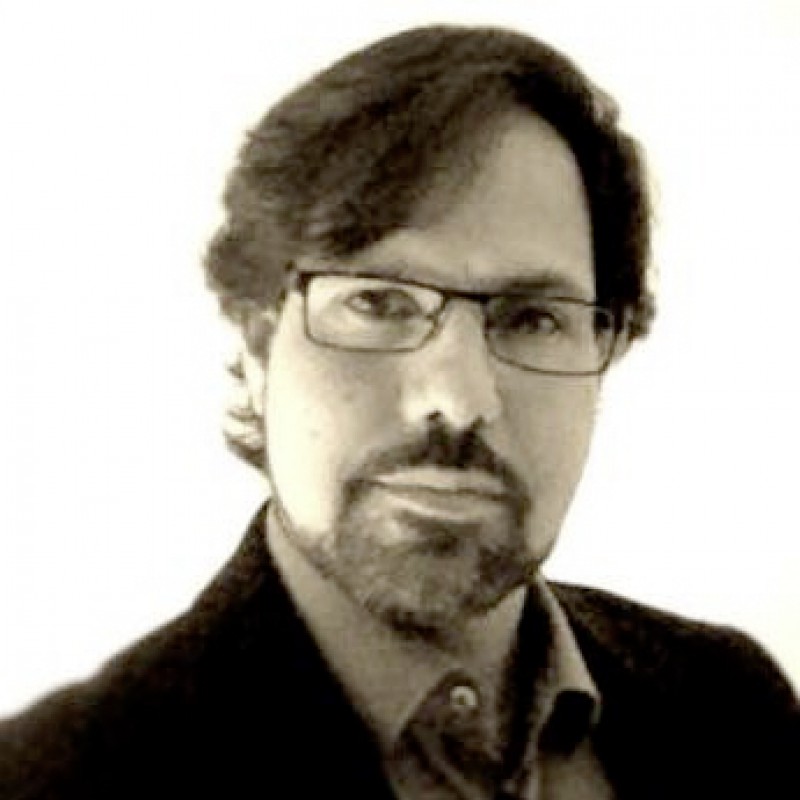Event Details

Topic description / abstract:
Multi-Cultural societies remain stable through time, even when there is conspicuous interaction amongst individuals of the different constituting cultures. The dynamics leading to this outcome necessarily involve individual choice to facilitate or prevent full cultural blend or to remain differentiated, in what we call a multi-culture. Although there are several theories of cultural evolution and change, these do not fully account for multi-cultural stability.
I present computational models based on Language Games (Wittgenstein) that describe the fate and stability of populations that remain segregated. In this model, a cultural trait is a feature that is horizontally transmitted by an agent, and which the other agent learns but idiosyncratically decides to further transmit or not.
In other words, there is individual choice amongst possible alternative cultural traits regarding what trait to spread in further interaction. Said choice is based on learning processes that are unique to the individuals and which assign preferential rewards to prior knowledge (e.g. cultural bias) agains to the new knowledge. (In classic naming games this reward is symmetric, i.e. the same rate of Hebbian reward applies to any choice. This asymmetric reward system is at the core of what allows two (or potentially more) cultures to blend or to remain separated.
A general result of this model is that cultures (or at least specific traits of these) either blend or remain separated. In other words, there is no continuous degree of mixability in a population, even if preferences are distributed heterogeneously.
Biographical note:
Harold P. de Vladar is a theoretical evolutionary biologist with experience in different sub-fields that include population and quantitative genetics, evolution of complexity, origins of life and others. Lately he has been developing cognitive frameworks to understand aspects of cultural change and their relationship to evolution. He also applies the ideas to understand cognition in terms of evolutionary processes implemented in brains through synaptic plasticity, in what is known as Neuronal Replicators.
Harold obtained his PhD from Groningen University (2009) and has been postdoc and researcher in IST Austria, Parmenides Foundation, the Hungarian Academy of Sciences, and other European institutions. He is currently a Senior Fellow at the Konrad Lorenz Institute where he is developing his ideas of cultural dynamics and evolution.


